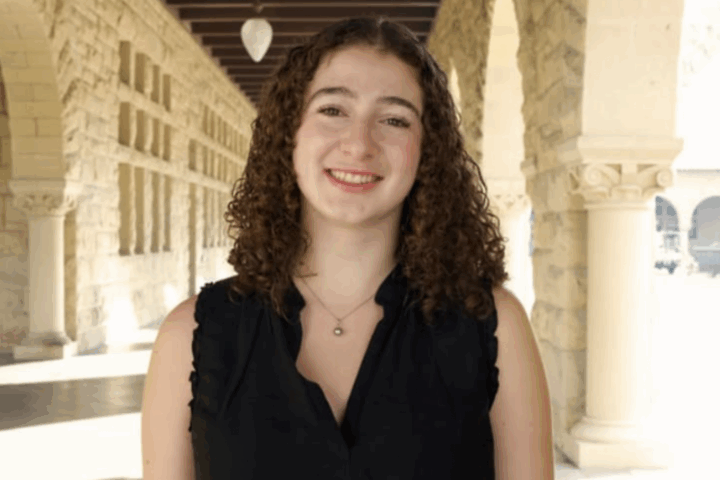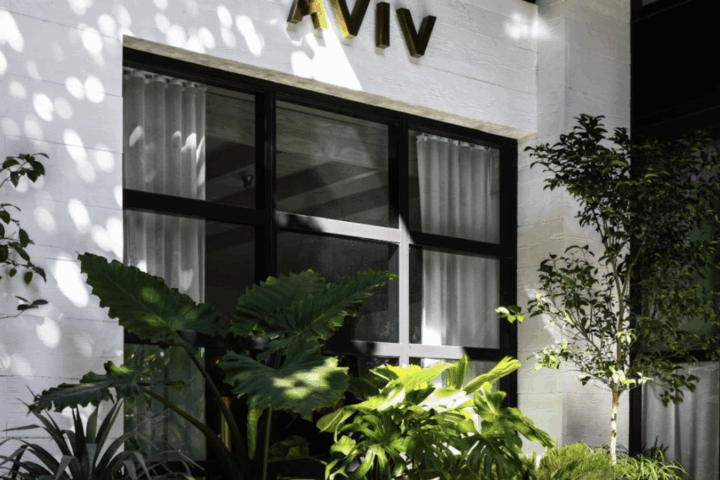The science department has been reevaluating the current curriculum as part of a Venture Grant with the central goal of making changes to incorporate more diversity, equity and inclusion (DEI) in science classes.
Upper School science teachers Ms. Kartheiser, Dr. Kloimwieder and Mr. Lambert are working on creating the curriculum, though, as Dr. Kloimwieder stated “We are just the people implementing the Venture Grant, but this was something the department committed to as a whole.” This grant will aid the science department in making numerous changes to the material across all courses. “The larger goal is to recenter the curriculum on DEI, and there are a few components of that. First is developing an opening unit in all of the lab science courses and the second part is to incorporate, with consistency, lessons throughout the year,” Kartheiser added.
As they create the curriculum, science teachers are considering questions such as “do you see your identity reflected in the curriculum you are experiencing or not? And we know that this has impacts on students’ likelihood of going into that field,” says Kartheiser. She added, “In any level of any course we want students to feel like this is responsive to who they are.”
“The hope is to expose students as soon as possible to the realities of the inequity and inequalities that have been present in all fields of science and to give the students tools to identify the flawed systems in place currently, and work to change them.” Mr. Lambert said.
As students progress through the high school and different science courses, the DEI work will become challenging. Kartheiser stated, “Over time, we are hoping that, as with any other thing, there would be a level up in skills. There would be more depth, new data, and some key themes repeating through the lens of different courses.”
Additionally, they are considering larger questions in relation to social justice. “Another piece of this is to give students some tools around questions like: what is the impact of systems of oppression? What is the evidence that has existed? What is the impact of this field specifically? How do these systems damage everyone, not just marginalized groups? How has science been used to further systems of oppression? How has science been used to dismantle the systems so we can foster students who can make meaningful change using past examples?” Kartheiser said.
Students are already beginning to see more DEI work in their classrooms. Alex Walker (Form III) spoke about her experience in class. “Reading and talking about articles about marginalized groups is one form of DEI inclusion in science class. We also have had lessons on issues surrounding DEI such as discrimination within the scientific community whether that is sexism, racism, or another form of discrimination; how to be an ally and use your privilege for good along with other forms of support against systems of oppression; cultural erasure of indigenous people in America; how systems of oppression aren’t just bad for the group it is affecting, and more. When we were doing our unit on the cardiovascular system we watched a movie in class about Vivien Thomas, who is a black man that helped develop the first heart surgery but was not recognized for his efforts.”
Julia Kurtzberg (Form III), another student of Kartheiser’s, spoke about the personal impact that including DEI in the science curriculum has had on her. “Learning about marginalized communities in the context of science has been eye-opening. This was the first I was ever hearing about a lot of the ways in which science has been used to falsely justify the oppression of minorities. It has even inspired me to do my own research outside of what is required for assignments.”
The science department decided to move forward with including DEI in the science curriculum because, as put by Kloimwieder, “Science and DEI are inextricably linked.” Kartheiser continued to describe the connection between science and DEI. “The need for an inclusive science experience has been there for decades and we are committed to addressing it now. We are learning and we have all of these resources and support from people who are much further along with this and who are experts like Mx. Wild and Mr. Marsh.”
Dr. Kloimwieder further emphasized the importance of seeking out help from the diversity coordinators in creating the curriculum. “The other people who are central to this work are Mx. Wild and Mr. Marsh. We are three white identifying faculty members who are not experts in this subject matter, we are experts in science.”
Lambert also explained his personal experience and feelings about the importance of this work in general. “This has been work I have been thinking about for many years, as a person of privilege who has studied and taught physics, where folks of color and women are vastly underrepresented. I feel that it is incumbent on me to use my place of privilege to do my best to be an ally to marginal groups of folks.”
The science teachers also believe that learning about connections between DEI and science is crucial to understanding larger systems of oppression. “The history of excluding people has slowed the pace and limited the scope of science. Inclusivity drives science forward, what questions are being investigated, how quickly we get to the outcome, and what the outcome looks like,” Kartheiser said.
Lambert further explained this relationship between DEI work and science. “There are so many connections … from identifying the systems of oppression that currently exist within the scientific community and how historically folks from marginalized groups have had their work ignored or stolen to learning ways to disrupt those systems moving forward.”
Walker explained how she feels about learning about science in the context of larger systems of oppression. “It is very important and I am glad that it is very incorporated into our class. It is sometimes aggravating to learn about the stories of how not being inclusive in science often ends up in very bad consequences, but it is very crucial to learn about so that doesn’t end up happening in the future.”
Though they are excited to begin this important work, the teachers do foresee some challenges. “Change is always challenging, no matter what kind of change it is, it is always challenging. I am a western-trained scientist. I went to school for 25-30 years of my life and that was my training. Unlearning that training is really hard, and it takes effort, work, and processing. That takes a lot of time and it is challenging, but it is really important work to do,” stated Klomweider. “Learning is hard, that’s often what I tell students, but one of the things I really try to emphasize is that it is not impossible. It is absolutely possible, but it is really hard to do and it takes a lot of emotional effort and willingness to be uncomfortable and to sit with the fact that maybe we don’t know everything,” added Kartheiser.
Kloimwieder concluded that she believes that the incorporation of DEI in the science curriculum is central to the mission of the school. “The word ethical is in the name of our school. In order to do ethical science you have to include everyone.”





